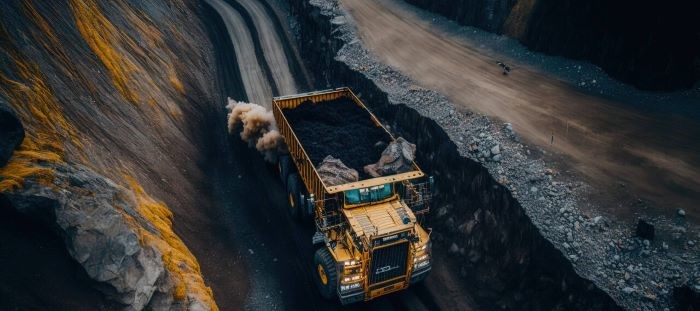(3 Minutes Read)
India’s largest steelmaker has been sidelined by a legal dispute that’s derailed its deal to buy a coal concession in Mozambique. JSW Steel Ltd agreed in May 2024 to buy Minas de Revuboè from the estate of Ken Talbot, an Australian mining tycoon who died 14 years ago. Before the deal could be completed, the Mozambican government revoked MdR’s lease to mine coal valued at about USD 50 billion.
JSW Steel, under the leadership of Sajjan Jindal, announced its plan to acquire a 92.19% stake in MdR for USD 73.75 million. This acquisition was intended to provide JSW Steel with access to over 800 million tonnes of premium hard-coking coal reserves in Mozambique’s Moatize Basin, a strategic move to secure essential raw materials for steel production.
However, before the completion of this transaction, the Mozambican government revoked MdR’s mining lease. This revocation has prompted MdR to initiate legal proceedings against the Mozambican government, seeking reinstatement of its mining rights. The dispute has been escalated to the International Centre for Settlement of Investment Disputes (ICSID) in Geneva, with proceedings commencing in September 2024. MdR contends that the termination of its contract was unlawful and did not adhere to due process.
The loss of the rights has triggered a legal battle between MdR and Mozambique’s government, leaving JSW as an observer. It comes at a critical time for the country, after disputed elections last October triggered demonstrations in which at least 278 people have died. That will test Daniel Chapo — due to be inaugurated as president on Jan. 15 — who has prioritized stability for international investors.
The legal contention over the MdR concession has significant implications for JSW Steel’s strategic objectives. Securing a stable supply of coking coal is vital for the company’s operations, especially given the volatility of global coal prices and the increasing demand for steel. The Moatize Basin’s reserves are particularly attractive due to their high quality, which is essential for efficient steel production.
The broader context of Mozambique’s mining sector also plays a critical role in this scenario. The country has been striving to attract foreign investment to develop its vast natural resources. However, legal disputes such as the one involving MdR may deter potential investors, raising concerns about the stability and predictability of the investment environment.
As the arbitration process unfolds, JSW Steel remains in a state of uncertainty regarding the finalisation of its acquisition. The outcome of the legal proceedings will not only determine the future of the MdR concession but also influence JSW Steel’s strategy for securing raw materials. The company has been actively seeking to acquire mining assets globally to mitigate risks associated with supply chain disruptions and price fluctuations.
Read Also:
https://trendsnafrica.com/renewed-hope-for-mozambique-president-filipe-nyusi-exudes-optimism/
The situation underscores the complexities and risks associated with international mining investments, particularly in regions experiencing political and social upheaval. For Mozambique, resolving this dispute amicably could serve as a testament to its commitment to uphold the rule of law and protect foreign investments, thereby enhancing its appeal as a destination for international capital. The suspension of JSW Steel’s coal deal amid the legal row in Mozambique highlights the intricate interplay between corporate strategy, legal frameworks, and geopolitical dynamics. The resolution of this dispute will be pivotal in shaping the future trajectory of JSW Steel’s expansion plans and Mozambique’s reputation in the global mining industry.





